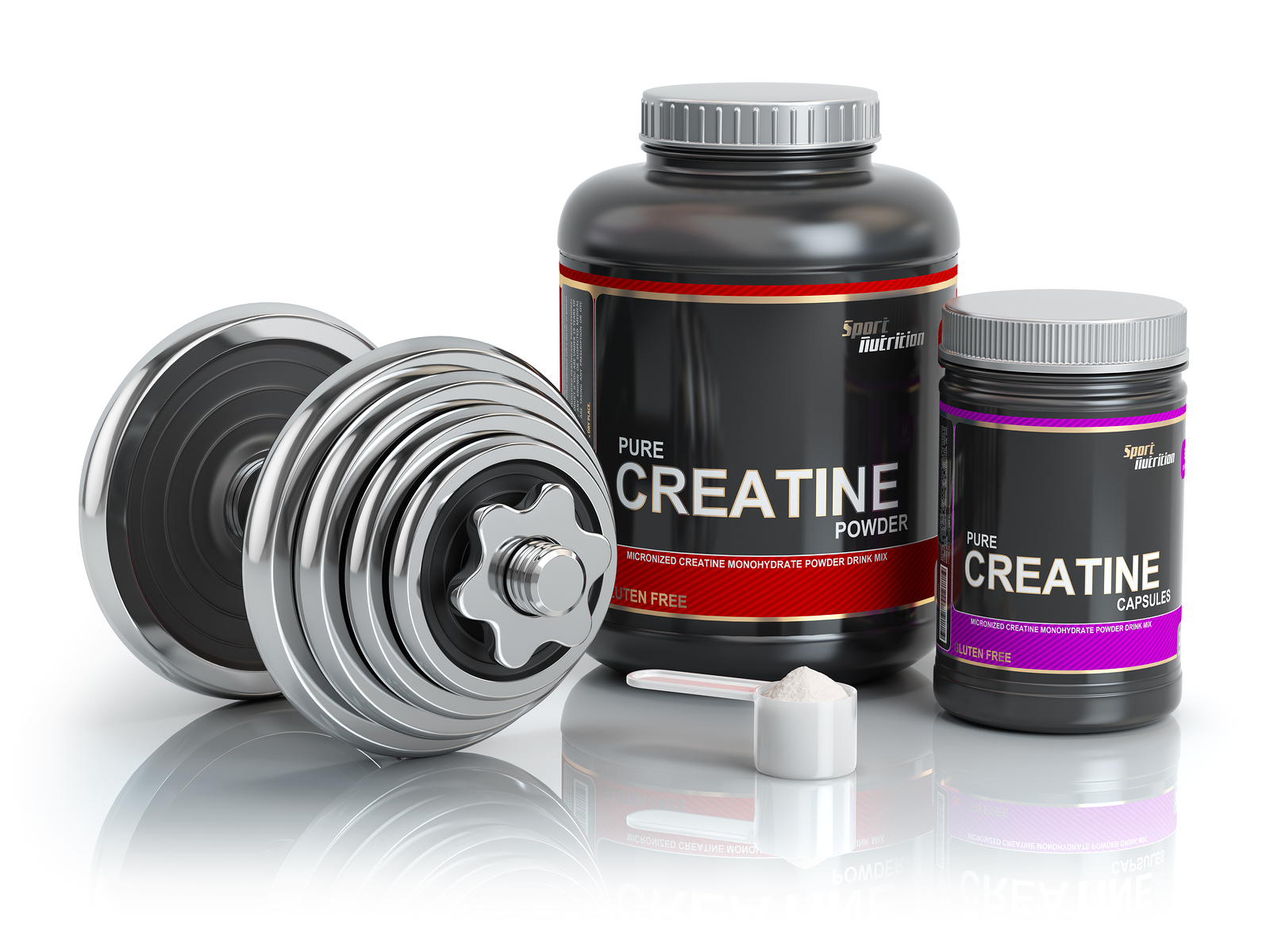Creatine 101: Benefits, Risks, And Dosage

Table of Contents
Understanding Creatine Monohydrate
Creatine is a naturally occurring compound primarily found in red meat and fish. It plays a crucial role in energy production within the body, specifically during high-intensity exercise. Your body naturally produces some creatine, but supplementation can significantly increase the amount available for muscle use. Creatine works by increasing muscle creatine phosphate stores. This compound is vital for replenishing adenosine triphosphate (ATP), the primary energy source for muscle contractions. While different forms of creatine exist, creatine monohydrate remains the most extensively researched and proven effective form.
- Naturally occurring compound found in red meat and fish.
- Improves high-intensity exercise performance.
- Increases muscle creatine phosphate stores.
- Different forms of creatine exist, but monohydrate is the most researched and effective.
Benefits of Creatine Supplementation
Creatine supplementation offers a range of benefits for athletes and fitness enthusiasts alike.
Enhanced Muscle Growth
Creatine plays a significant role in muscle protein synthesis and hypertrophy, leading to increased muscle mass and strength. By increasing ATP availability, creatine allows for more intense and prolonged workouts, leading to greater muscle fiber breakdown and subsequent growth during recovery.
- Increased muscle mass and strength.
- Improved muscle recovery after workouts.
- Facilitates greater training volume.
- Studies show significant gains in lean muscle mass with creatine supplementation.
Improved Athletic Performance
The enhanced ATP production from creatine supplementation translates directly into improved athletic performance, particularly in high-intensity activities. This includes increased power output, strength gains, and enhanced endurance.
- Increased power output in short bursts of intense exercise.
- Enhanced strength gains during weight training.
- Improved performance in high-intensity interval training (HIIT).
- Faster recovery time between sets and workouts.
Cognitive Benefits
While more research is needed, some studies suggest that creatine may offer cognitive benefits, potentially improving memory and brain function by boosting brain energy levels. However, it's crucial to remember that these findings are preliminary, and more extensive research is required to solidify these claims.
- Some studies suggest potential benefits for cognitive function.
- More research is needed to confirm these benefits.
- May improve brain energy levels.
Potential Risks and Side Effects of Creatine
While generally considered safe, creatine supplementation can cause some side effects, most of which are mild and temporary. Proper hydration is crucial to mitigate many of these potential issues.
- Water retention (weight gain): Creatine attracts water into muscle cells, leading to a temporary increase in weight.
- Muscle cramps: Often caused by dehydration; ensure adequate fluid intake.
- Gastrointestinal distress (nausea, diarrhea): Starting with a lower dose and gradually increasing it can help minimize this.
- Kidney issues: Rare, and primarily in individuals with pre-existing kidney conditions. Adequate hydration is key.
Important note: Consult a doctor before starting creatine supplementation, especially if you have pre-existing health conditions like kidney disease or heart problems.
Optimal Creatine Dosage and Cycling
The recommended dosage for creatine monohydrate is generally 3-5 grams per day during a maintenance phase. Some individuals opt for a loading phase of 20 grams daily for 5-7 days to rapidly saturate muscle creatine stores, followed by a maintenance phase. Consistent daily intake is vital for optimal results. Cycling creatine on and off is not necessarily required, but some individuals may choose to do so.
- Loading phase: 20g per day for 5-7 days.
- Maintenance phase: 3-5g per day.
- Cycling creatine is not always necessary, but some individuals may choose to cycle on and off.
Conclusion
Creatine monohydrate supplementation can be a beneficial addition to a fitness regime for many, offering significant advantages in muscle growth, strength gains, and athletic performance. While potential side effects exist, they are typically mild and manageable with proper usage and hydration. Remember to consult your doctor before starting any new supplement regimen, especially if you have pre-existing health conditions. By understanding the benefits, risks, and optimal dosage of creatine, you can make an informed decision to harness its power to achieve your fitness goals. Start your journey towards enhanced performance with the right creatine supplementation plan today!

Featured Posts
-
 Jalen Brunsons Return Knicks Playoff Push Intensifies
May 17, 2025
Jalen Brunsons Return Knicks Playoff Push Intensifies
May 17, 2025 -
 Giants Vs Mariners Series Injured List Update April 4 6
May 17, 2025
Giants Vs Mariners Series Injured List Update April 4 6
May 17, 2025 -
 How Ubers New Pet Service Benefits Delhi And Mumbai Pet Owners
May 17, 2025
How Ubers New Pet Service Benefits Delhi And Mumbai Pet Owners
May 17, 2025 -
 Offre Limitee Trottinette Electrique A Prix Reduit Moins De 200 E Chez Cdiscount
May 17, 2025
Offre Limitee Trottinette Electrique A Prix Reduit Moins De 200 E Chez Cdiscount
May 17, 2025 -
 Reddit Outage Widespread Reports Of Service Disruption
May 17, 2025
Reddit Outage Widespread Reports Of Service Disruption
May 17, 2025
